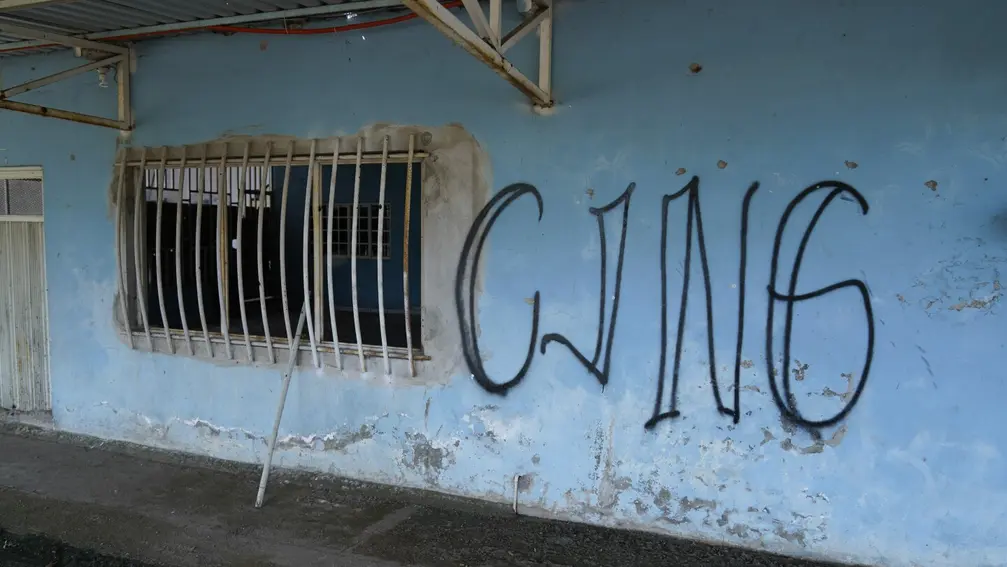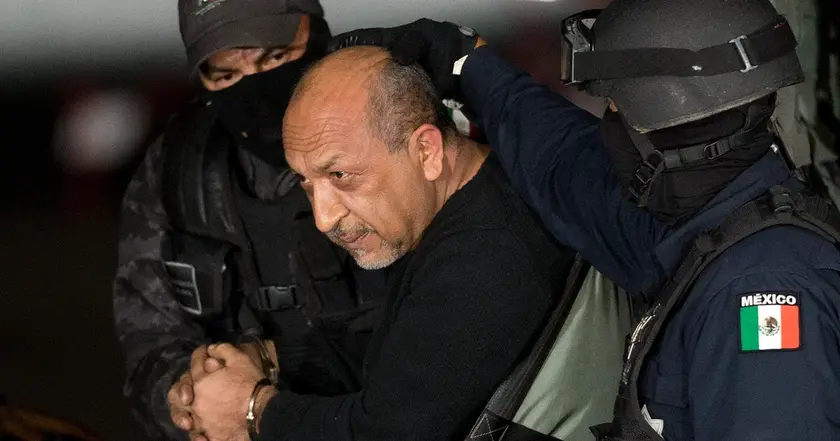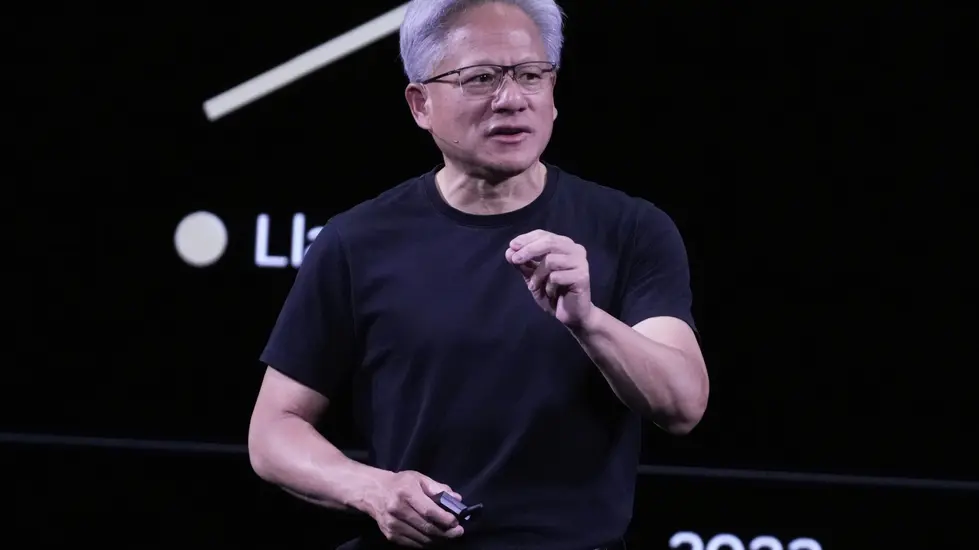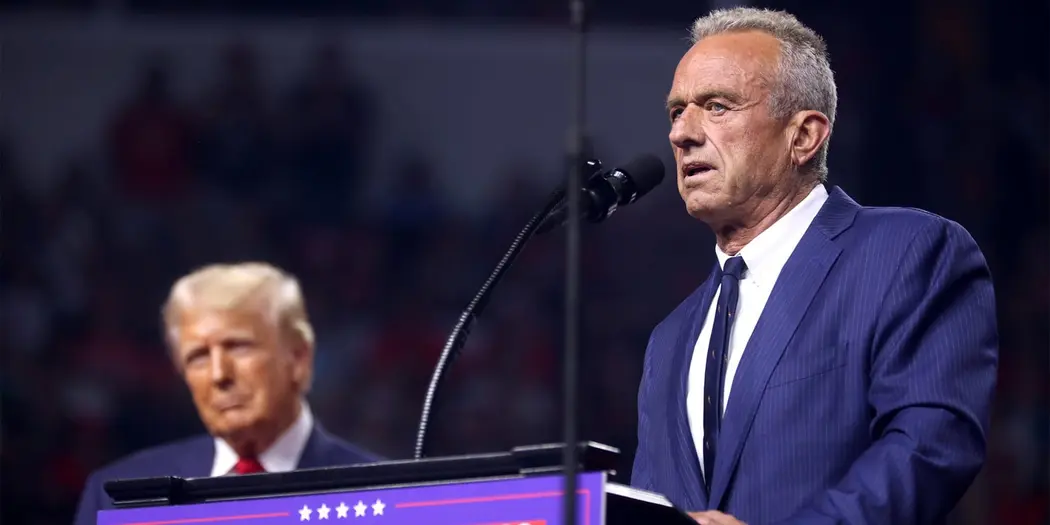T4K3.news
Cartel figures handed to U.S. authorities
Mexico transfers 26 cartel leaders to the United States as part of ongoing security cooperation with the Trump administration.

Mexico sends 26 cartel figures to the United States as part of ongoing security cooperation with the Trump administration.
Mexico Expels Cartel Figures in US Cooperation Under Trump
Mexico transferred 26 high ranking cartel members to U.S. custody on Tuesday, a continuation of security cooperation with the Trump administration. The group includes Abigael Gonzalez Valencia, a leader of Los Cuinis tied to the CJNG, and Roberto Salazar, linked to the 2008 killing of a Los Angeles County sheriff deputy. Additional figures are connected to the Sinaloa cartel and other trafficking networks. The transfers follow a February batch of 29 cartel figures after the United States agreed not to pursue the death penalty in these cases. The move is presented as a practical step in dismantling violent drug networks and reducing the flow of narcotics into the United States.
U.S. officials describe the transfers as a milestone in cross border law enforcement. Attorney General Pam Bondi said the 26 have played a role in bringing violence and drugs to American shores, and praised collaboration with Mexico. U.S. Ambassador to Mexico Ronald Johnson called the action a sign that two governments can work together against violence. The background includes tensions over tariff threats and Mexico’s sovereignty, with Washington pressing for tougher security actions while Mexico resists outside military intervention.
Key Takeaways
"These fugitives will now face justice in U.S. courts, and the citizens of both of our nations will be safer from these common enemies."
Ronald Johnson, U.S. Ambassador to Mexico
"We are grateful to Mexico’s National Security team for their collaboration in this matter."
Pam Bondi, Attorney General
"Two governments stand united against violence and impunity."
Ronald Johnson, U.S. Ambassador to Mexico
"Cooperation with Mexico is essential in fighting drug trafficking."
Editorial perspective
The expulsion of cartel figures underscores how security cooperation remains a central tool in addressing cross border crime, even as political tensions flare over tariffs and sovereignty. By tying extradition decisions to broader diplomacy, both governments signal a willingness to sustain enforcement gains beyond election cycles. Yet the episodes also reveal a fragile balance between cooperation and national autonomy, particularly as lawmakers in Mexico push back against perceived external pressure. The pattern of successive transfers suggests a strategic approach to deprive cartels of leadership and financing, but it will be judged by whether reduced drug flows translate into safer streets and fewer destabilizing spillovers in Mexican communities.
Highlights
- These fugitives will now face justice in U.S. courts
- Two governments stand united against violence and impunity
- Cooperation with Mexico is essential in fighting drug trafficking
- Safety depends on steady, lawful cross border action
Political sensitivity surrounds extraditions
The transfers occur amid tariff threats and sovereignty questions, raising potential political backlash in both countries. The actions may invite scrutiny of how much influence the United States has over Mexican security policy.
Cooperation survives political storms when shared safety goals endure.
Enjoyed this? Let your friends know!
Related News

Mexico extradites 26 cartel figures to the United States

Idaho Implements New Vaccine Policies Amid Trust Crisis

Trump pushes 15 percent share on Nvidia H20 sales

Pedro Pascal criticizes J.K. Rowling's anti-trans comments
Documentary Investigates Iconic Vietnam Photo Controversy

Changes to U.S. health datasets alarm researchers

Daniella Pierson's Businesses Face Major Setbacks

Trump administration sanctions El Makabelico over alleged cartel ties
